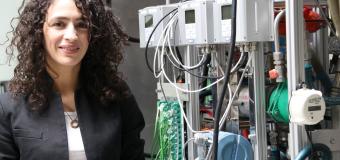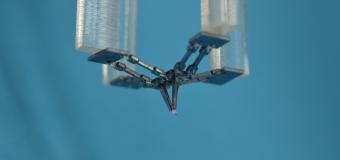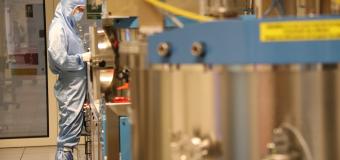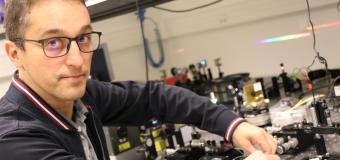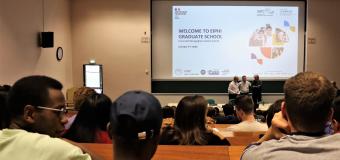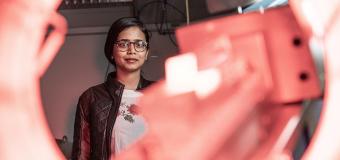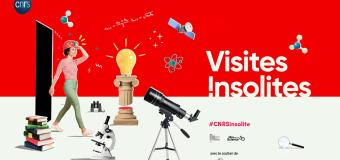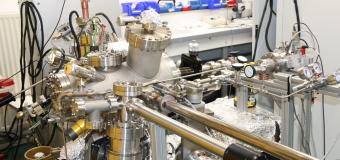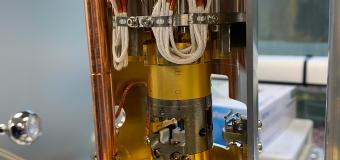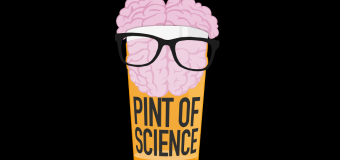Tribute to our colleague Philippe LUTZ
Our scientific community of Burgundy-Franche-Comté has just suddenly lost Philippe LUTZ, full professor at the University of Franche-Comté and a leading figure in microrobotics and micromechatronics research at the FEMTO-ST laboratory.
His death this week-end following a sudden cardiac arrest has been completely unexpected and strikes the scientific community as a whole.
Philippe LUTZ was an international reference, his human qualities and his implication in our community were very much appreciated by all.
Prof. LUTZ joined the University of Franche-Comté, Besancon, as Professor in 2002. He was the head of the research group “Automated Systems for Micromanipulation and Micro-assembly” of the AS2M department of FEMTO-ST Institute from 2005 to 2011. He was the Director of the PhD graduate school of Engineering science and Microsystems with more than 400 PhD students from 2011 to February 2017, and he was the head of the Doctoral College. His research activities at FEMTO-ST were focused on the design and control of micro-nano systems, microgrippers, micro-nano robots, feeding systems and micro-nano manipulation, assembly stations, and Optimal design and control of piezoelectrically actuated compliant structures.
Prof. LUTZ received several awards of IEEE, authored over 90 refereed publications (50 in high standard journals), served as associate editor for the IEEE Transaction on Automation Science and Engineering and as Technical Editor for the IEEE/ASME Transactions on Mechatronic, was member of several steering committees and was member of the IEEE Robotics and Automation Society (RAS) Committee on Micro-Nano Robotics.
Contact : Yann Le Gorrec, Head of the AS2M Department of FEMTO-ST


